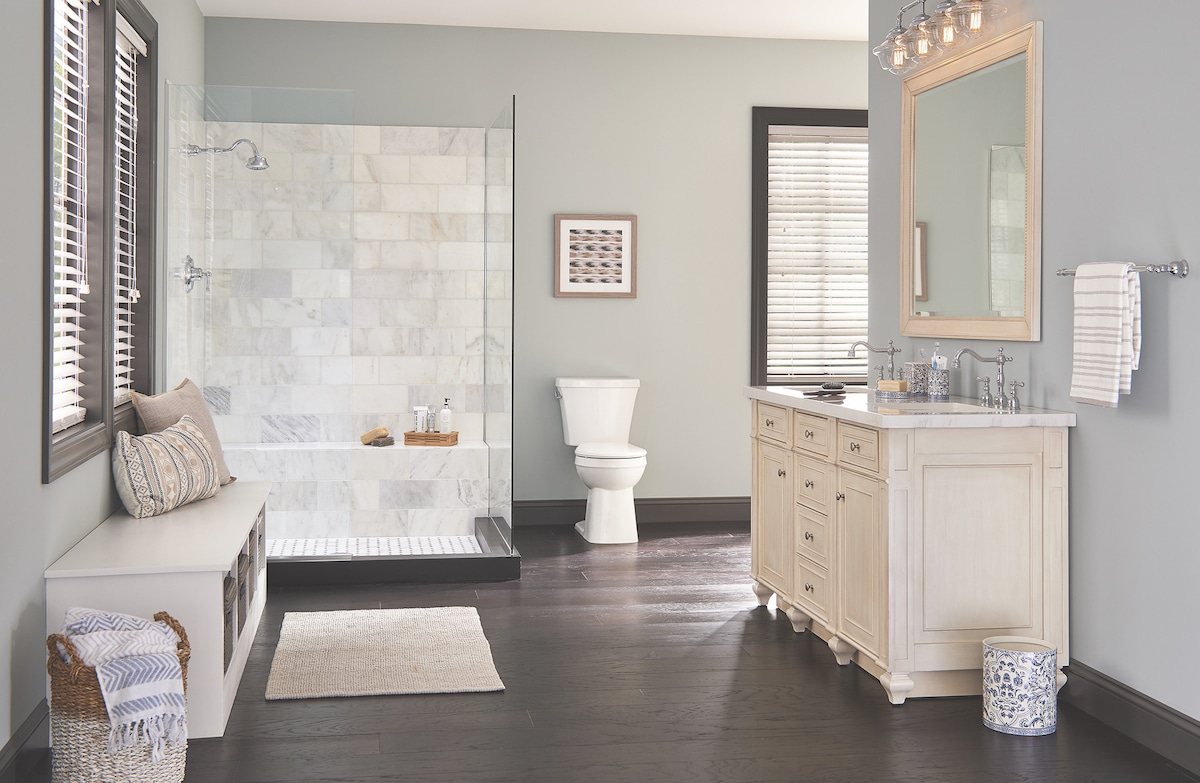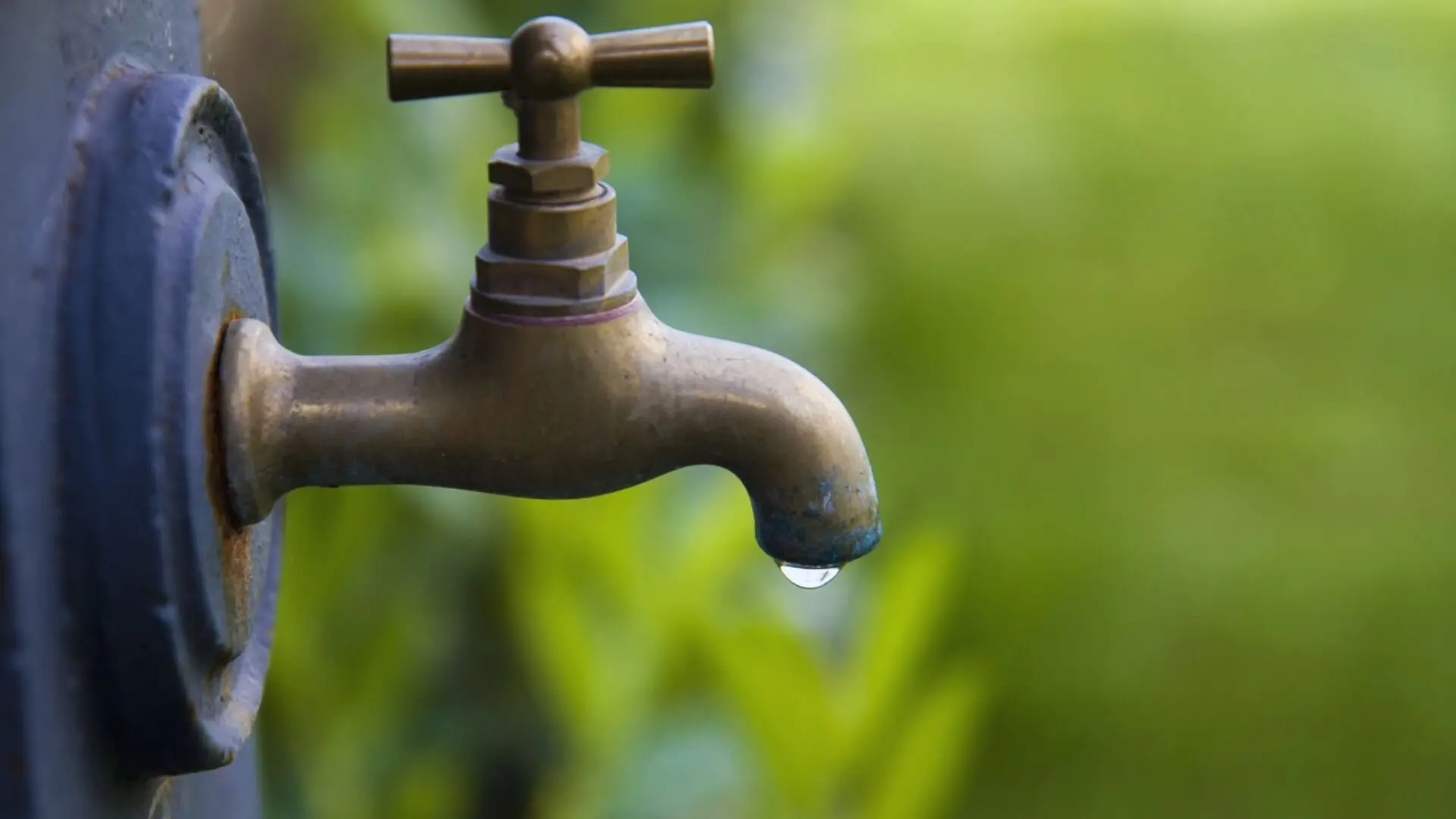Sustainable Water Alternatives: Maximizing Your Home's Greenness
Sustainable Water Alternatives: Maximizing Your Home's Greenness
Blog Article
The article in the next paragraphs involving Environmentally Sustainable Home Plumbing is pretty much stimulating. Give it a go and draw your own assumptions.

Introduction
In today's globe, sustainable living is coming to be significantly crucial. One area where property owners can make a significant effect is through environmentally friendly pipes remedies. By embracing environmentally mindful techniques, houses can lower their water and power usage while contributing to a healthier planet.
Water-Efficient Components
Standard fixtures typically waste water needlessly. Nonetheless, contemporary low-flow toilets, taps, and showerheads are developed to minimize water use without compromising efficiency. These fixtures can significantly lower home water intake, causing reduced water expenses and a reduced ecological impact.
Greywater Solutions
Greywater describes gently utilized water from resources such as showers, sinks, and washing devices. As opposed to letting this water go to waste, greywater systems recycle it for non-potable uses such as landscape watering and commode flushing. By implementing a greywater system, property owners can save fresh water sources and lower strain on municipal wastewater treatment facilities.
Rain Harvesting
Rain harvesting includes collecting and storing rain for various objectives, consisting of watering, toilet flushing, and washing. Rain harvesting systems generally consist of a collection surface (such as a roofing system), rain gutters, downspouts, and tank. By gathering rainwater, home owners can reduce their dependence on municipal water resources and preserve freshwater sources.
Solar Water Heaters
Conventional water heaters rely upon nonrenewable fuel sources or electrical power to heat water, adding to carbon discharges and energy usage. On the other hand, solar hot water heater use sunlight to warmth water, supplying an eco-friendly and environmentally friendly option. By taking advantage of solar energy, house owners can reduce their energy bills and decrease their carbon footprint.
Eco-friendly Pipe Materials
Traditional plumbing products such as copper and PVC can have unfavorable environmental influences throughout production and disposal. Nevertheless, there are lasting options offered, such as recycled steel, cross-linked polyethylene (PEX), and high-density polyethylene (HDPE). These environment-friendly pipe products provide resilience, durability, and minimized ecological impact.
Energy-Efficient Appliances
Along with water-efficient fixtures, energy-efficient appliances can even more lower a home's ecological footprint. High-efficiency washing machines and dishwashing machines use much less water and power per cycle, assisting to save resources and lower utility expenses. When purchasing home appliances, search for power STAR ® certified models for maximum efficiency.
Smart Water Monitoring Solution
Advances in technology have actually made it much easier than ever to monitor and maximize water usage in the home. Smart water administration systems make use of sensors and information analytics to track water use in real-time, recognize leaks, and supply insights for preservation. By carrying out clever water administration options, homeowners can reduce waste and optimize efficiency.
Price Factors to consider
While eco-friendly plumbing alternatives may have higher upfront costs than standard choices, they usually provide long-term cost savings via reduced water and energy costs. Additionally, several federal governments provide incentives such as refunds and tax obligation debts for eco-friendly upgrades, helping to balance out initial expenses.
Installment and Upkeep
Correct installation and regular upkeep are essential for making sure the effectiveness and longevity of eco-friendly plumbing systems. It is essential to work with professional experts to install and service these systems to avoid issues and maximize performance. Regular maintenance jobs such as checking for leakages and cleansing filters can also aid protect against troubles and enhance efficiency.
Ecological Benefits
The environmental advantages of green pipes are substantial. By preserving water and energy, home owners can minimize their carbon footprint and reduce their impact on natural deposits. Furthermore, eco-friendly plumbing practices can assist safeguard ecological communities and protect biodiversity for future generations.
Wellness Advantages
In addition to ecological advantages, environmentally friendly plumbing can additionally add to enhanced interior air quality and health. By utilizing safe products and reducing chemical exposure, house owners can create a healthier living atmosphere for themselves and their families.
Government Rewards
Many federal governments use financial rewards to motivate home owners to take on eco-friendly pipes practices. These incentives may consist of discounts, tax obligation debts, and low-interest financings for energy-efficient upgrades. By taking advantage of these programs, homeowners can make green renovations much more cost effective and accessible.
Final thought
Finally, green plumbing alternatives use various advantages for home owners and the environment alike. By buying water-efficient fixtures, greywater systems, rainwater harvesting, solar water heaters, environment-friendly pipe materials, energy-efficient home appliances, clever water monitoring systems, and various other sustainable services, families can minimize their environmental footprint, lower their energy expenses, and add to a healthier world for future generations.
10 Greener Plumbing Solutions for a Sustainable Home
Install Water-Saving Fixtures
One of the most effective ways to conserve water is by installing water-saving fixtures. Low-flow toilets, aerated faucets, and adjustable showerheads are excellent choices. These fixtures reduce water consumption without compromising performance, allowing you to save both water and money.
Embrace Tankless Water Heaters
Say goodbye to energy-hungry traditional water heaters! Tankless water heaters are a greener alternative. Unlike their counterparts, these systems heat water on-demand, eliminating the need for a constantly heated reservoir. By only heating water when needed, tankless water heaters save energy and lower utility costs.
Opt for Greywater Recycling
Make the most of your water usage by recycling greywater. Greywater recycling systems collect and treat water from showers and laundry, making it suitable for non-potable uses like toilet flushing or watering plants. This reduces the strain on freshwater resources and minimizes water waste.
Consider Energy-Efficient Water Heaters
Upgrade to energy-efficient water heaters like heat pump water heaters or solar water heaters. Heat pumps utilize ambient air to heat water, while solar heaters use the sun's energy. Both options significantly reduce energy consumption and contribute to a greener home.
Invest in Leak Detection and Prevention
Undetected leaks can lead to significant water waste. Install smart water leak detection devices that monitor your water usage and promptly notify you of any leaks. By taking immediate action, you can prevent water waste and avoid potential damage to your home.
Insulate Your Pipes
Insulating your pipes is a simple yet effective way to improve energy efficiency. Properly insulated pipes minimize heat loss and reduce the risk of frozen pipes in colder climates. By conserving heat and preventing energy waste, you can save on energy bills while enjoying a greener plumbing system.
Harness the Power of Rainwater
Rainwater harvesting is a sustainable practice that can supplement your water needs. Collect rainwater in barrels or tanks and use it for tasks like watering your garden or flushing toilets. This reduces reliance on municipal water supplies and conserves precious freshwater resources.
Choose Eco-Friendly Plumbing Materials
When upgrading your plumbing system, opt for eco-friendly materials. Water-efficient fixtures made from recycled materials and piping materials like PEX (cross-linked polyethylene) promote sustainability. These choices not only conserve resources but also contribute to a greener planet.
Upgrade to Dual-Flush Toilets
Dual-flush toilets offer two flush options: a lower-volume flush for liquid waste and a higher-volume flush for solid waste. By using the appropriate flush setting, you can significantly reduce water consumption. Dual-flush toilets are an easy and efficient way to conserve water in your home.
https://www.croninplumbingandheating.com/post/10-greener-plumbing-solutions-for-a-sustainable-home

Do you appreciate more info about Environmentally Sustainable Home Plumbing? Make a remark down below. We would be happy to know your thoughts about this review. We are looking forward to see you back again in the future. Please take the opportunity to distribute this blog entry if you enjoyed it. We recognize the value of your readership.
Book Now Report this page